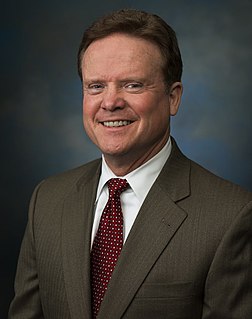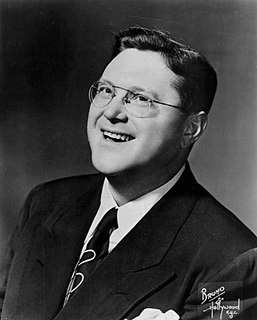A Quote by Lisa Murkowski
Seniority actually means something in the Senate.
Related Quotes
Bob Torricelli, Democrat member of the Senate, was basically about to be thrown out of office on corruption charges, and he went to the floor of the Senate to deny everything. And we juxtaposed his denials with an attorney from someone in an action against Torricelli who was listing all of the gifts and all the bribes that Torricelli had been given and offered in exchange for policy considerations on the Senate floor. So he's on the Senate floor denying it.

































